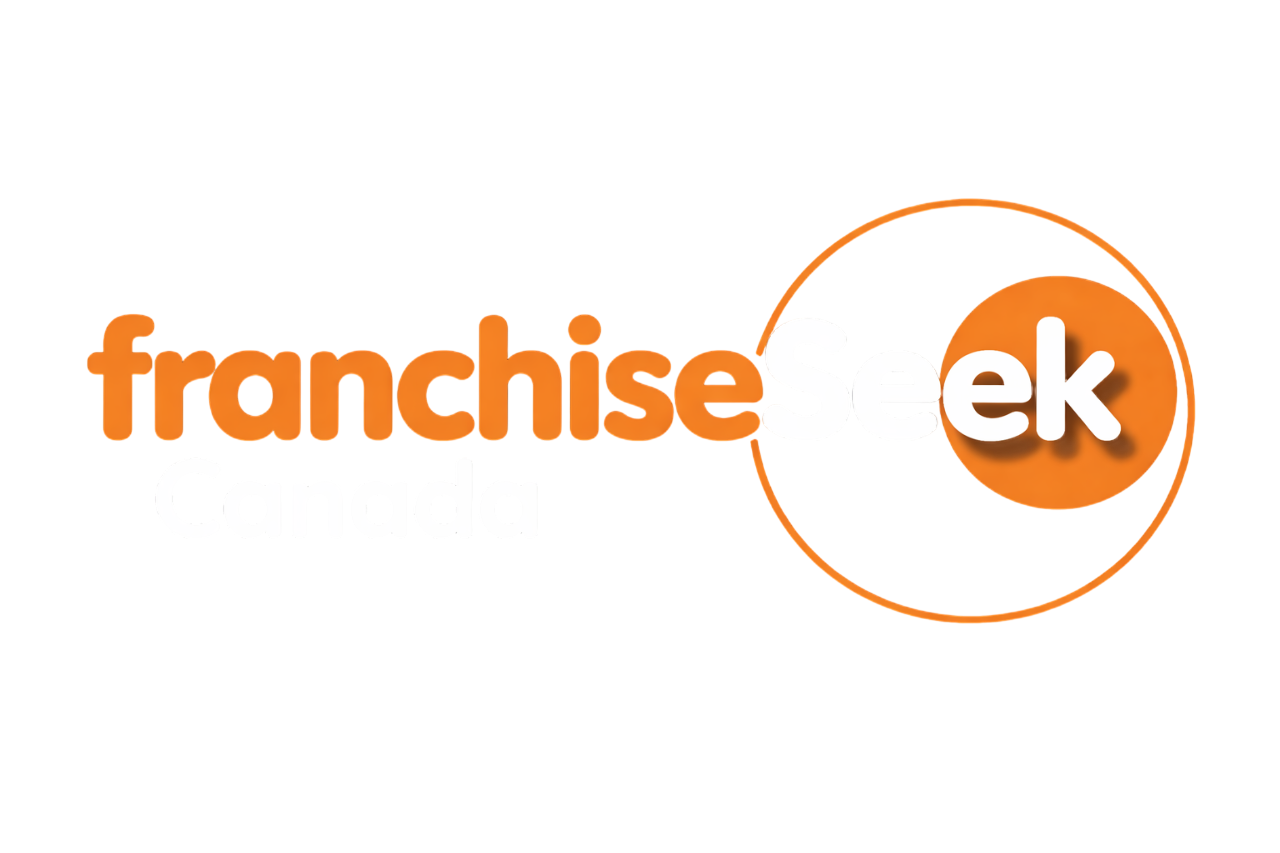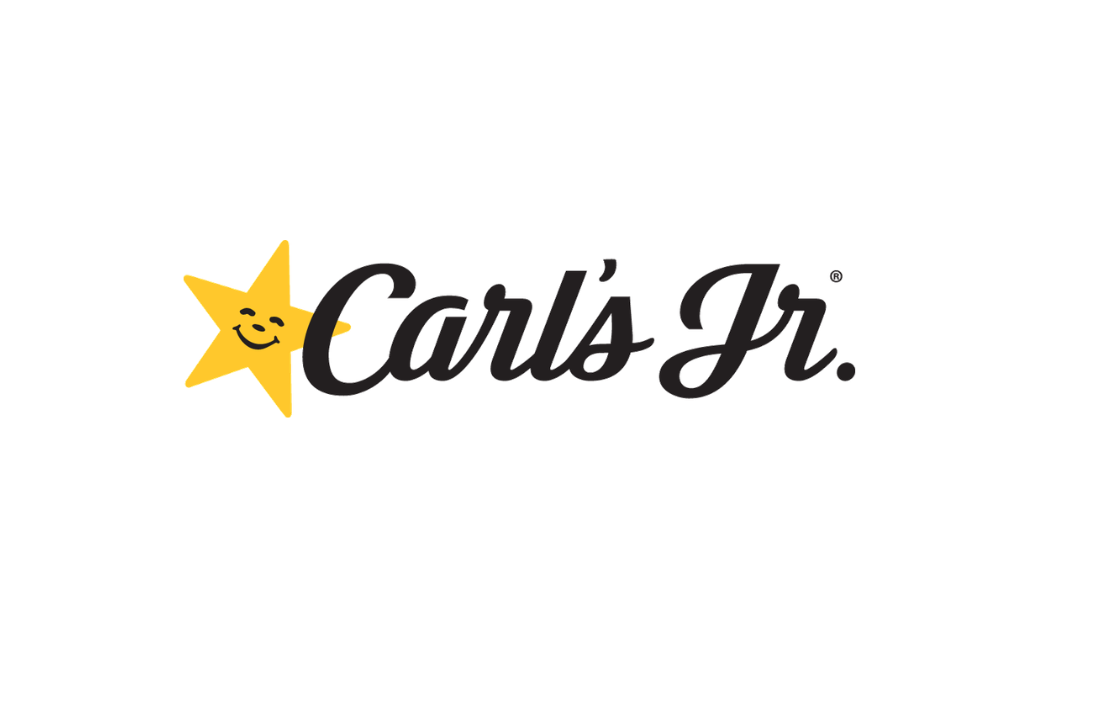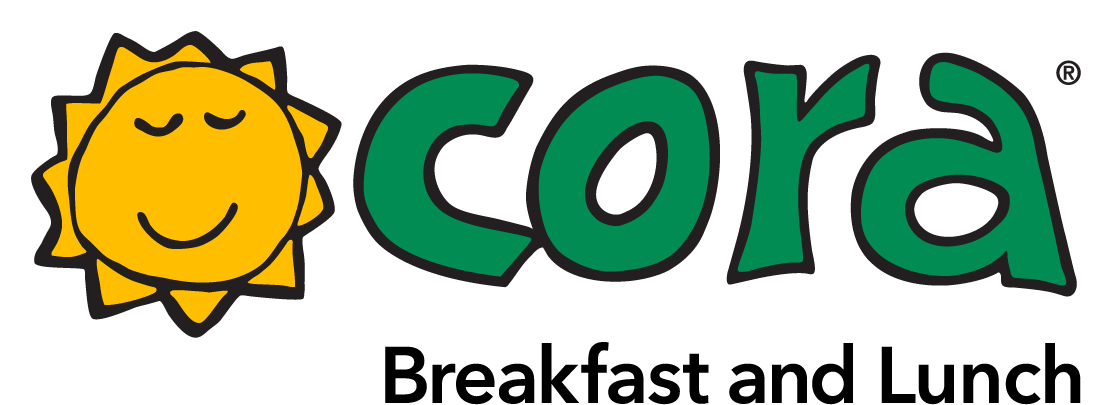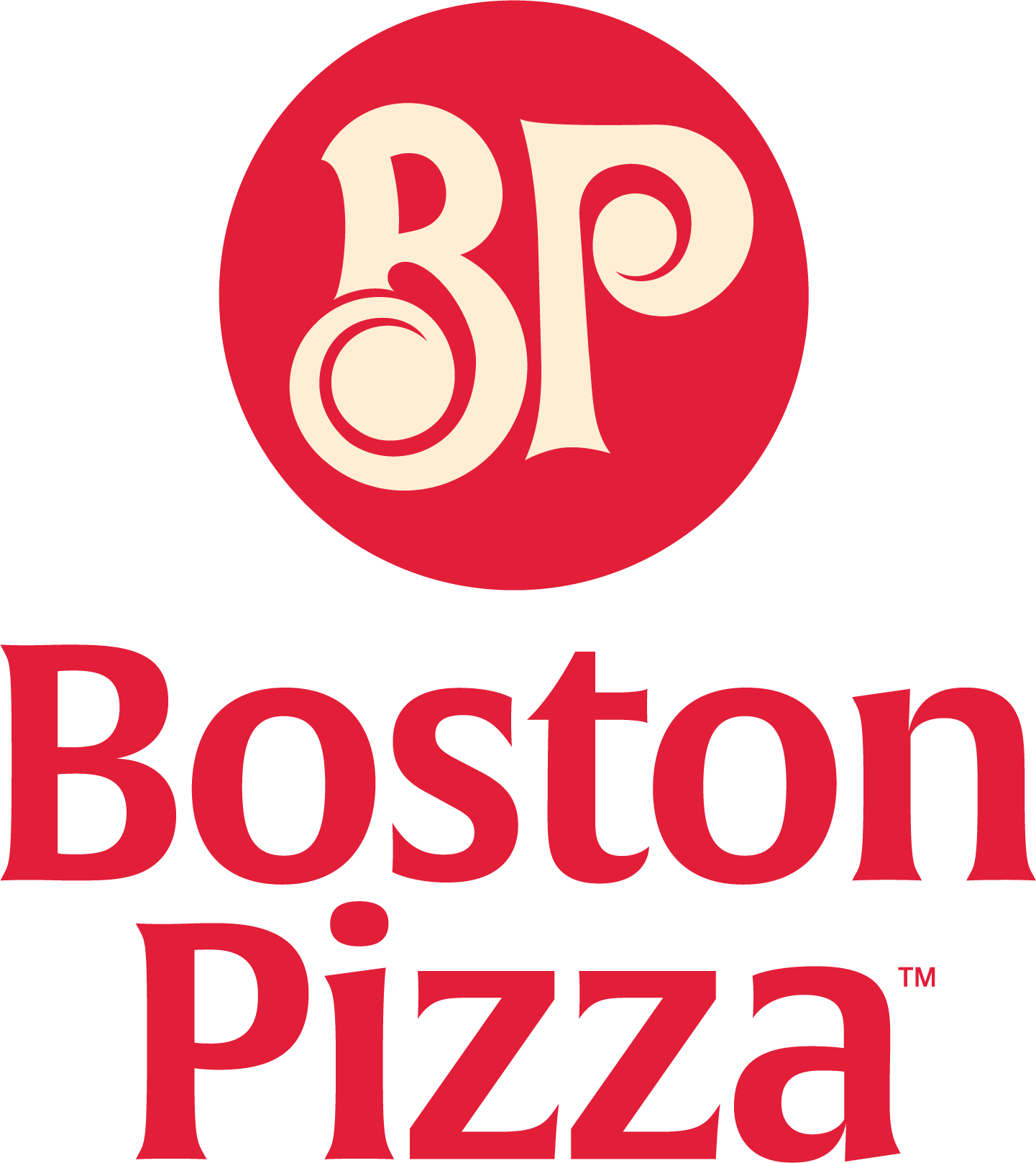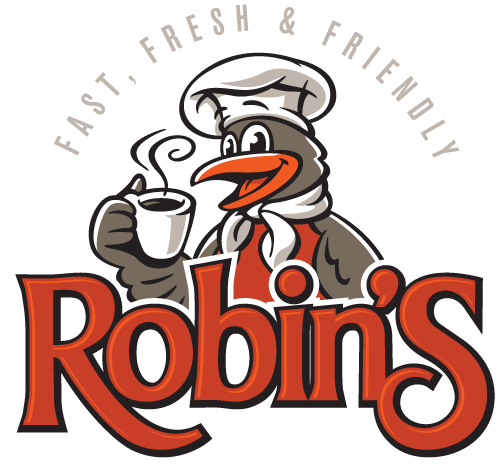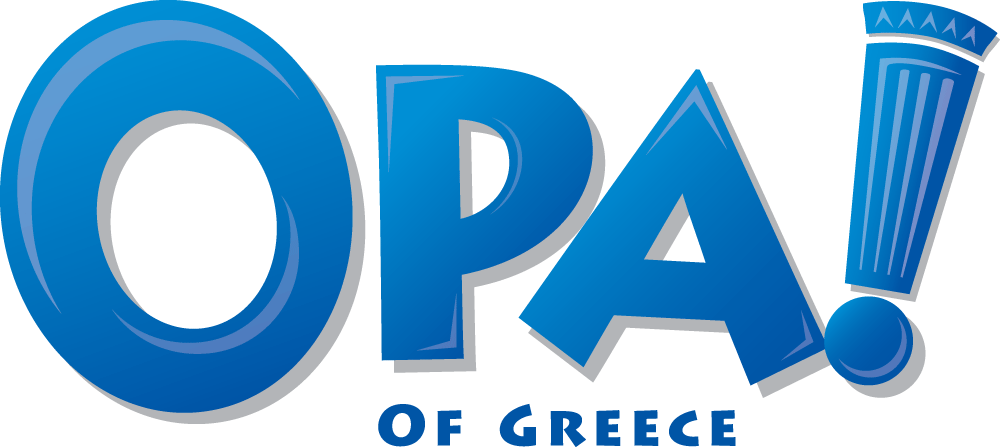Opening a Carl’s Jr. franchise in Canada can be an exciting opportunity for entrepreneurs who want to operate a well-known and established fast-food brand. Known for its bold burger menu and strong international presence, Carl’s Jr. has a distinctive identity that appeals to a wide customer base. However, launching a location in Canada requires a significant financial investment, as well as a solid understanding of the brand’s expectations, operational model, and long-term responsibilities. This article provides a simple breakdown of the typical costs and considerations for anyone exploring this franchise option.
Franchise Investment Overview
Starting a Carl’s Jr. restaurant requires a substantial amount of capital. The franchise investment generally ranges from $1,263,500 to $2,588,200 CAD. This includes the major expenses involved in setting up a full-service fast-food restaurant, such as construction, equipment, kitchen infrastructure, interior design, and branding elements like signage.
Because Carl’s Jr. restaurants tend to be larger, high-volume operations—often with drive-through capability—the cost of outfitting the space is higher than smaller or kiosk-style concepts. The investment also covers the initial inventory, training, grand opening marketing, and working capital to support the business through the first few months of operations.
Franchise Requirements and Fees
Carl’s Jr. typically seeks franchise partners with strong business experience, adequate capital, and the ability to operate multiple units over time. Prospective franchisees must meet specific financial requirements, including a high net worth and access to significant liquid assets.
In addition to the initial build-out investment, franchisees must pay a franchise fee, ongoing royalties, and contributions to marketing or advertising funds. These fees help support branding, operational systems, and ongoing corporate support. They are also a key part of the long-term financial commitment, and franchisees need to factor them into their business planning and profitability expectations.
Training and Support
One of the advantages of joining a major franchise brand like Carl’s Jr. is the training and operational support system provided. New franchisees and their management teams typically complete an extensive training program that covers restaurant operations, food preparation, customer service, staffing, safety, and marketing.
Support continues after opening and may include site selection assistance, operational guidance, supply chain access, and periodic evaluations to ensure that brand standards are met. This level of support can help franchisees build confidence in managing a high-volume restaurant and maintaining consistent quality.
Operational Considerations
Running a Carl’s Jr. franchise is a hands-on business. Franchisees need to manage staff, ensure consistent food quality, maintain equipment, oversee daily kitchen operations, and track inventory. Since Carl’s Jr. is known for its large burgers and made-to-order menu items, the kitchen workflow must be efficient and well organized.
Location choice is crucial. High-traffic areas, strong visibility, and easy access—especially for drive-through customers—can make a significant difference in revenue. Franchisees also need to be prepared for the realities of the restaurant industry, such as managing peak-hour rushes, labour costs, food waste, and customer expectations.
Profit Potential and Risks
A strong brand like Carl’s Jr. can attract loyal customers and steady traffic, but profitability depends on many factors, including location, competition, operational efficiency, and local market conditions. Given the high upfront cost, it may take several years to see a full return on investment.
There are risks associated with any restaurant franchise, including rising food costs, changes in customer preferences, staffing challenges, and economic shifts. Franchisees who manage operations well, maintain brand standards, and build a strong local presence tend to have the best long-term outcomes.
Summary
Opening a Carl’s Jr. franchise in Canada is a major investment, with costs typically ranging from $1,263,500 to $2,588,200 CAD. While this represents a significant financial commitment, franchisees gain access to a well-known international brand, comprehensive training, and ongoing corporate support. Success depends on strong management, the right location, and the ability to handle the operational demands of a high-volume fast-food restaurant. For entrepreneurs with the required capital and a passion for running a large-scale food business, Carl’s Jr. can offer a compelling opportunity in the Canadian market.
